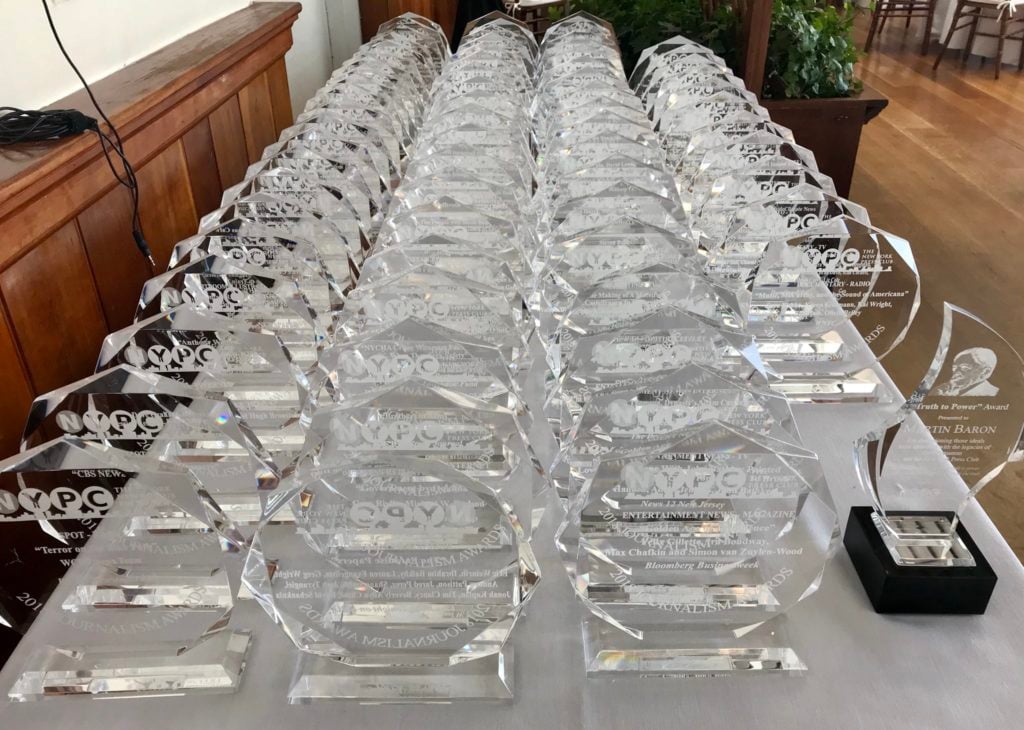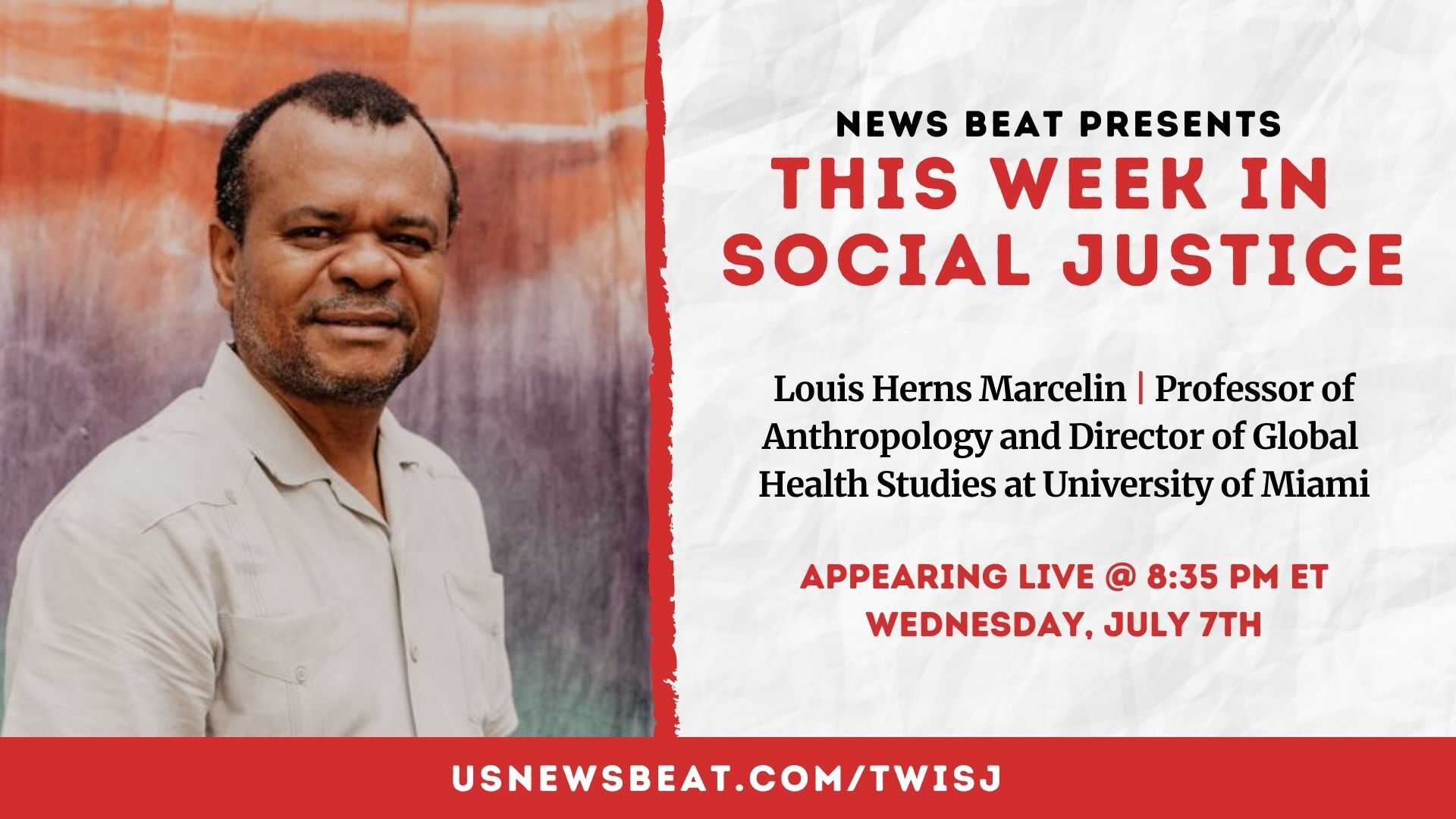In this episode of BackBeat, the team discusses of the making of our latest episode "Land of the Rich, Home of the Poor: America's Poverty Crisis."
It's a brutally honest account of America's deepening poverty crisis, made worse by the fact that government is doing very little to confront this crisis amid widening income inequality and an apparent attempt to sabotage the welfare system.
Listen to "BackBeat: Land of the Rich, Home of the Poor" here:
As you'll hear, the United States counts 40 million Americans as impoverished, including about 20 million who are either in "extreme" or "deep" poverty, scraping by on less than $2 a day. Take into account low-income families, and this disturbing figure quickly balloons to approximately 140 million Americans. Remarkably, and despite what experts insist is a problem that could only get worse because of stagnant wages and woefully inadequate minimum wage standards, Congress recently passed a tax bill that would overwhelmingly benefit the rich. The timing of such a tax break is curious considering that the wealthiest 1 percent own 40 percent of the country's wealth.
As our A-team of poverty experts explain in "Land of the Rich, Home of the Poor," [LISTEN] poverty crosses all racial and gender barriers. However, racial stereotypes about who is poor in America often perverts the political discourse about poverty and welfare. The majority of poor people in the United States are white, but African Americas are impacted at a disproportionate rate.
Among the topics discussed in this episode: the brutal truth about poverty, the role race plays, and how some of the richest Americans (we're looking at you Jeff Bezos) are hording exorbitant sums of America's overall wealth.
This episodes comes on the heels of a damning preliminary report by Philip Alston, the United Nations Special Rapporteur on Extreme Poverty and Human Rights, who compared some of the most economically devastated American communities to the situation in some "Third World countries."
We interviewed Alston, who said: “Perhaps one of the main differences, in a sense, is that those Third World countries would always plead that they simply don’t have enough resources to do things differently." The United States, however, is one of the wealthiest nations on the planet and theoretically has the resources to deal with this crisis.
To learn more about poverty in America, listen to "Land of the Rich, Home of the Poor" and read our cover story, which features Alston, Rev. Dr. Liz Theoharis, co-chair of the modern-day Poor People's Campaign, and Premilla Nadasen, professor of history at Barnard College and expert on America's welfare system.
Want to learn more about poverty? These links should help:
- Philip Alston, the United Nations Special Rapporteur on Extreme Poverty and Human Rights, releases preliminary report of this U.S. tour - United Nations
- How the 1 percent won the recovery, in one table - The Washington Post
- The richest 1 percent now owns more of the country’s wealth than at any time in the past 50 years - The Washington Post
- Bill Gates, Jeff Bezos and Warren Buffett are wealthier than poorest half of US - The Guardian
- How wealth inequality has changed in the U.S. since the Great Recession, by race, ethnicity and income - Pew Research Center



.jpg)





